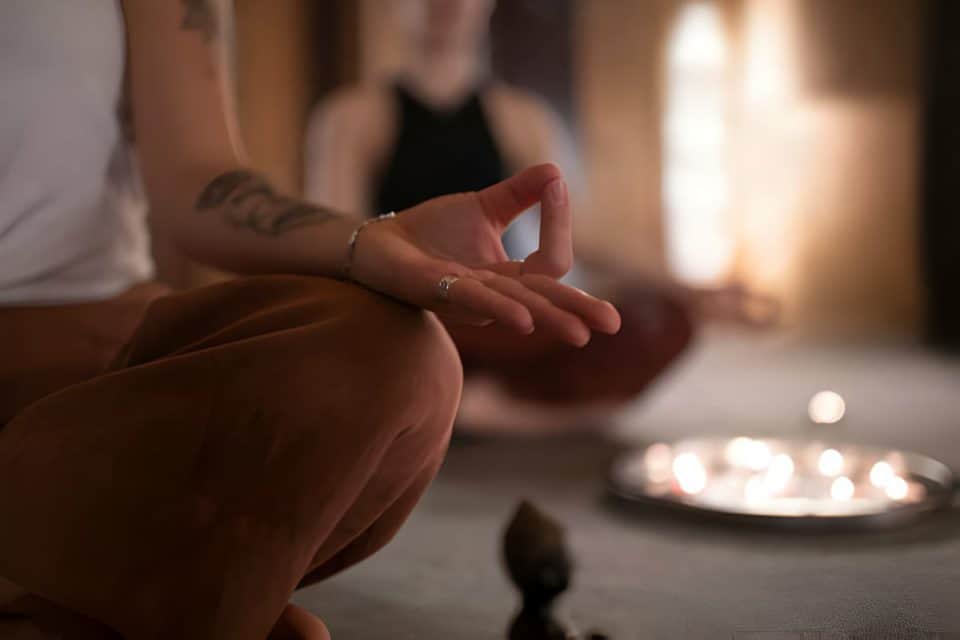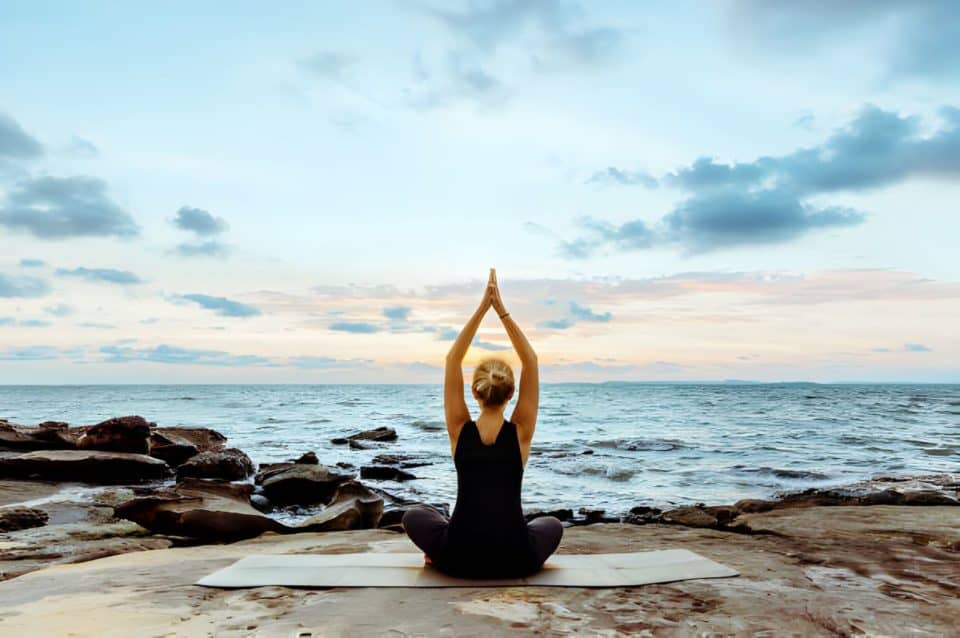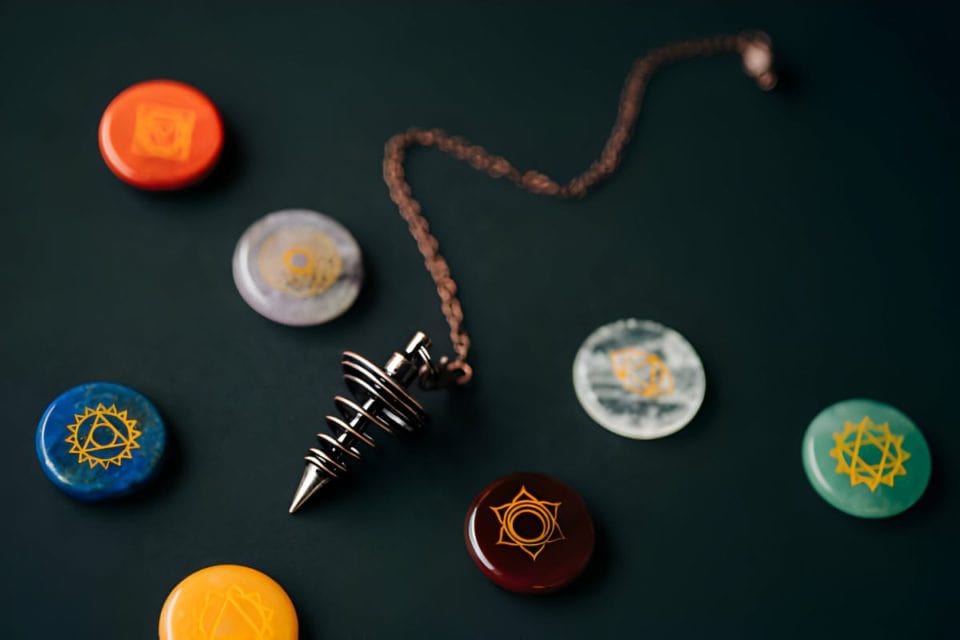Ayurveda, the ancient Indian system of medicine, views hair loss as a symptom of an underlying imbalance in the body’s doshas or energies.
As per Ayurveda, hair is the byproduct (Mala) of bone tissue formation (Asthi Dhatu). Hence, nourishment or good bone tissue gives rise to healthy hair.
To treat hair loss, Ayurveda focuses on restoring balance and improving overall health through lifestyle modifications, dietary changes, herbal remedies, and treatments such as oil massages and steam therapy. Overall, tissue nourishment necessary to promote hair growth is also achieved using Rasayanas (rejuvenative therapeutic measures).
There are circumstances where oral Ayurvedic medicine is needed along with hair oils due to underlying health issues such as hypothyroidism, psoriasis, dermatitis, hormonal imbalance, calcium and iron deficiency, and chemotherapy.
Some herbs used in Ayurveda for hair health include amla, bhringraj, hibiscus, reeta, triphala, brahmi, and fenugreek in the form of medicinal oils and hair wash powders. Additionally, Ayurveda suggests reducing stress, improving digestion, and ensuring proper sleep and hydration to promote hair growth.
This blog post compares the topical application of ayurvedic oils and minoxidil as hair loss treatments. We will examine how each treatment works and how to choose between them.
What are Ayurvedic Hair and Scalp Oils?
Ayurvedic oils nourish the scalp and hair follicles, improve blood circulation, and promote hair growth. These oils are made from a combination of natural ingredients such as herbs, spices, and plants with therapeutic properties.
Some benefits of ayurvedic oils for hair loss include promoting hair growth and preventing breakage and thinning. They are also a natural alternative to chemical-based hair products, making them a good choice for those with sensitive scalps.
Some of the most popular ayurvedic oils for hair loss include:
- Coconut oil
- Amla oil
- Bhringraj oil
- Hibiscus oil
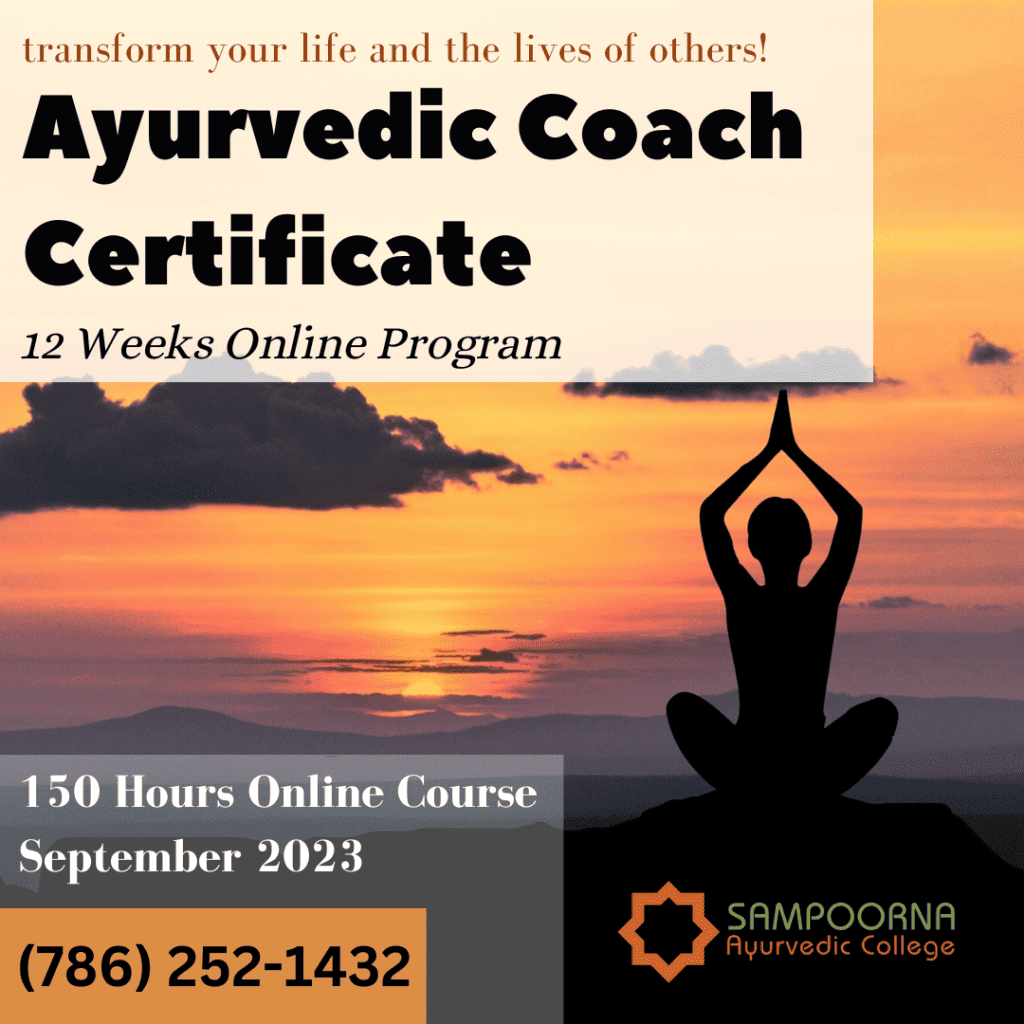
Each oil has its unique benefits and is used for specific hair concerns.
Ayurvedic oils can be applied directly to the scalp and massaged in. They can also be combined with other natural ingredients, such as eggs or yogurt, to create a hair mask. It is recommended to leave the oil on the scalp for at least 30 minutes before washing it out.
Minoxidil vs Ayurvedic Oils
| Minoxidil | Ayurvedic Oils |
| FDA-approved treatment for hair loss | A natural, holistic approach to hair care |
| Works by increasing blood flow to hair follicles and stimulating hair growth | Works by nourishing the scalp and hair roots to improve overall hair health |
| Visible results within 4-6 months in the early stages of hair loss | Visible results within 2-4 months, depending on the specific condition |
| Can cause side effects, including itching and redness | No side effects |
| Requires a prescription from a doctor | Can be purchased over the counter |
| May be more expensive than Ayurvedic oils | Generally more affordable |
| Often recommended for those with severe hair loss | Often recommended for all types of hair condition |
Pros and Cons for each
Minoxidil has proven results, especially in the early stages of hair loss, but it can also cause skin irritation, redness, and itching.
On the other hand, when used properly, Ayurvedic oils have no risk of side effects and are made from natural ingredients.
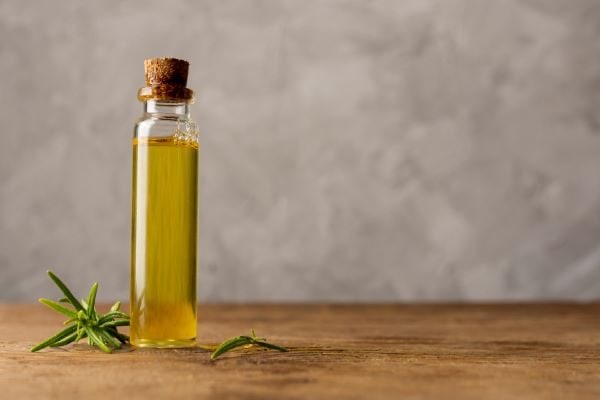
Factors to Consider When Choosing Between Minoxidil and Ayurvedic Oils
When choosing between minoxidil and ayurvedic oils, it is essential to consider your individual needs and preferences. Personal comfort with chemical-based treatments and skin sensitivity should all be considered.
Herbs for Hair Growth
Herbs have been used for centuries to promote hair growth and prevent loss. They are rich in vitamins, minerals, and antioxidants that nourish the scalp and hair roots, leading to healthier and stronger hair. Here are some of the most popular herbs used for hair growth:
Bhringaraj
Known as the “Hair Queen,” is rich in nutrients like Vitamin E, magnesium, polypeptides, calcium, vitamin D, and proteins. Considered the traditional prominent Ayurvedic herb used to treat scalp problems, hair loss, and premature graying. It is also Rasayana, adding the special properties of age reversal and rejuvenation.
Amla
A magnificent rejuvenative herb, it contains numerous essential fatty acids that penetrate the follicles, making hair softer, shinier, and voluminous. Its high vitamin C and beta-carotene content also stimulates hair growth.
Brahmi
A tonifying and rejuvenative herb that encourages hair growth and alleviates skin conditions. It can be useful in redirecting the flow of Vata downwards and, therefore, useful in skin conditions with an underlying nervous imbalance. Brahmi contains amino acids, beta carotene, fatty acids, and numerous potent phytochemicals, effective in stimulating new cell growth and improving circulation.
Soapnut
Also known as Reeta, is well known for its traditional use as a hair cleanser. This plant is rich in saponin, which keeps hair healthy, shiny, and lustrous when used regularly.
Musta
An herb used to reduce accumulations; it helps wash out dandruff while moisturizing the scalp and reducing itchiness. It is also useful in preventing split ends by maintaining strong and healthy growth by supplying nutrients to the hair and scalp.
Lemongrass
Due to its antifungal properties, it maintains a clean freshness when applied to the scalp and hair. It also promotes hair follicle tightness, thereby preventing flaking when used regularly. Its antioxidant properties also neutralize free radicals and support suppleness.
Fenugreek
Fenugreek is an herb rich in protein and vitamins. It improves hair growth, prevents loss, and keeps hair soft and shiny. It can be used as a hair mask or in herbal supplements.
Homemade Ayurvedic Oil For Hair Growth
Bhringraj Oil
1 cup Bhringraj leaves (fresh or dried)
1 cup coconut oil
Amla Oil
1 cup Amla powder (Indian Gooseberry)
1 cup coconut oil or sesame oil
Brahmi Oil
1 cup Brahmi leaves (fresh or dried)
1 cup coconut oil or sesame oil
Hibiscus Oil
1 cup Hibiscus flowers and leaves (fresh or dried)
1 cup coconut oil
Neem Oil
1 cup Neem leaves (fresh or dried)
1 cup coconut oil or sesame oil
Fenugreek Oil
1/4 cup fenugreek seeds
1 cup coconut oil or sesame oil
Triphala Oil
1/4 cup Triphala powder (mixture of Amla, Haritaki, and Bibhitaki)
1 cup sesame oil
Rosemary and Lavender Oil
1/4 cup dried rosemary leaves
1/4 cup dried lavender flowers
1 cup coconut oil or almond oil
To prepare any of these oils, follow these general steps:
- Coarsely grind or crush the herbs (leaves, flowers, or seeds) if needed.
- Mix the herbs with the carrier oil (coconut, sesame, or almond oil) in a glass jar.
- Heat the mixture using the double boiler method for 1-2 hours on low heat. Ensure to stir occasionally to prevent the herbs from sticking to the bottom.
- Allow the oil to cool down to room temperature.
- Strain the oil using a cheesecloth or a fine-mesh strainer.
- Store the oil in a dark-colored glass bottle, and keep it in a cool, dark place.
Ayurvedic Treatment For Hair Loss: Tips and Techniques
Understanding Ayurvedic Hair Care
Ayurvedic hair care involves using natural, holistic methods to improve the health of your hair. This approach is rooted in Ayurveda’s principles, an ancient Indian system of medicine that focuses on balancing the mind, body, and spirit to promote overall health and wellness.
Importance of Diet and Lifestyle
In Ayurvedic hair care, diet and lifestyle are crucial in promoting healthy hair growth. This includes eating a balanced diet rich in vitamins and minerals, reducing stress, and getting enough rest and exercise.
Ayurvedic Oils and Herbs
Ayurvedic oils and herbs are essential to Ayurvedic hair care. These natural ingredients can be used as treatments to help improve hair health, reduce hair loss, and promote growth. Some popular Ayurvedic oils and herbs include amla, bhringraj, brahmi, soapnut, and musta. Rasayanas (rejuvenative herbs) will improve the quality of hair.
Ayurvedic Hair Massage
Ayurvedic hair massage is another important technique in Ayurvedic hair care. Massaging warm herb-infused oil onto the head and scalp is a centuries-old method to invigorate growth and maintain lustrous and healthy hair. The benefits of an oil massage to the head extend to our mind and mood, promoting tranquility and restful sleep.
Conclusion
Minoxidil and ayurvedic oils can effectively treat hair loss, but the best option depends on your needs and preferences. Whether you prefer a more natural approach or not. Choosing the best option for you and your hair care needs is important.
If you are facing hair fall or health issues or want to receive Ayurveda education, try the Ayurvedic courses at Sampoorna Ayurvedic College for comprehensive understanding and training.


